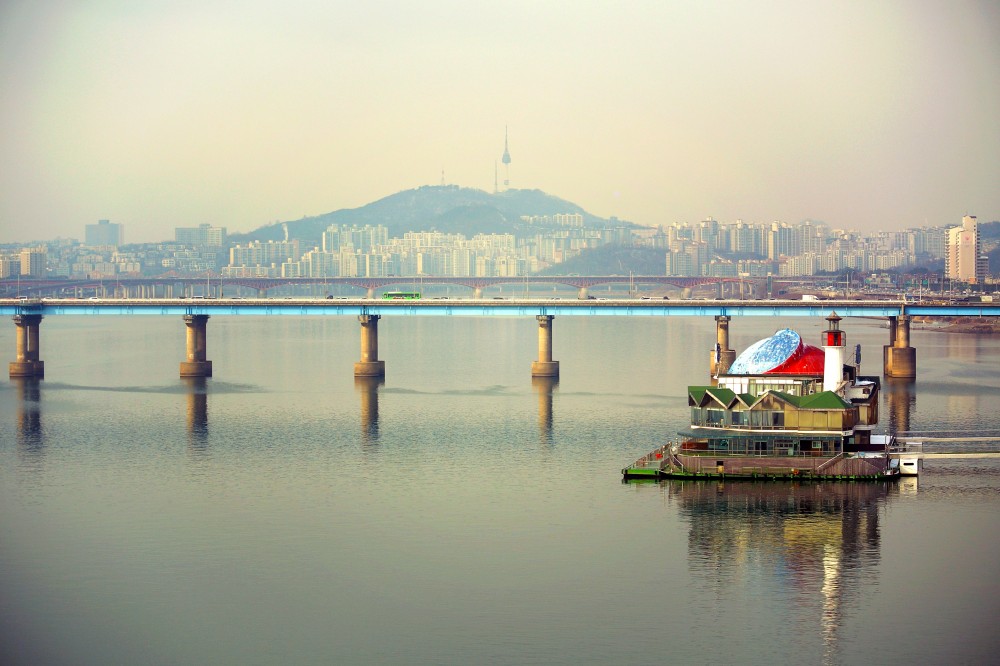Sandra Fahy, Marching Through Suffering: Loss And Survival In North Korea. New York: Columbia University Press (2015). 240pps. ISBN: 978-0231171342. £27.50.
Reviewed by Darcie Draudt, research associate for Korea Studies at the Council on Foreign Relations (U.S.).
Of late, there has been an upsurge in popular monographs that detail North Korean defector narratives. The proliferation of these accounts, biographical and fictional, has fortunately led to increased awareness of the human rights plight facing North Koreans, but it has also noticeably enflamed naysayers who doubt the veracity of defector testimony. While the intent of anthropologist Sandra Fahy may not have been to combat these critiques per se, her rigorous qualitative study of defector narratives of the North Korean famine (or Arduous March, Gonan-ui haenggun) in the 1990s may serve to reinforce the import of defector narratives to better understand the lived experiences of North Koreans, or at least those who chose to leave the North and survived.
There is a dearth of ethnographic work about the North Korean famine experience. While there has been some work done in Korean-language academic literature, particularly on adaptation and North-South cultural tensions, English-language literature on the famine tends to be historical or policy-oriented. Now, a growing community of anthropologists and sociologists select those who have left North Korea (defectors or refugees) as either target population or proxy for studying North Korean society. With careful matching of topic, subject, and source, anthropological literature may help deepen understanding of social experience in North Korea. Fahy’s account is one such successful example.
Marching Through Suffering assembles the oral accounts provided by thirty defectors interviewed in 2005–2006 in South Korea and Japan, and collates the information chronologically based on the social experience of the famine, each of which Fahy connects to a particular theme. Fahy’s monograph draws an arc from initial coping strategies and denial; to social cohesion, disintegration and power; to heightened awareness and alarm to the increased deaths; and to finally the decision to leave or stay, and final settlement in South Korea or Japan and the host countries’ relationship to the Peninsula’s geopolitical history.
A central theme underlining the entirety of Fahy’s monograph is language use: language and power, language and the state, language and experience, proscription from language. “Here we can see that speech in North Korea is performative speech par excellence,” writes Fahy (88), and the rich details of her interviewees’ descriptions bolster how the famine was performed through everyday dialogue, language which is both “concealing and revealing” (91). Students of North Korea know very well the censorship applied to the topic of the famine and the state media’s manipulation of such events, but this monograph goes one step further to map out the social and psychological impact of such stringent obstruction to talking about the years of suffering from hunger. Employing North Korean socialist texts as well as literary theory and psychology, Fahy’s exegesis of defector narratives lays out the inner and social reasons and impacts of experiencing the famine.
The topic of this monograph truly is the power of language. Fahy paints a broad landscape of diverse experiences of the famine, but for this rich tableau of subjective experience what is sacrificed is explicit reference to the position of each interviewee within society or each interviewee’s representativeness of the experience. Indeed, in Chapter 5, “Breaking Points,” the author makes reference to the exceptional nature of the interviewees; those who settled in South Korea, for example, number about 26,000 of a country of 24 million North Koreans. But because of the complex relationship between language, collective narrative (a particularly sensitive issue in the case of North Korean defector testimony), and veracity, a hasty reader may be led to infer causal relationships about the famine and North Koreans’ response that are unwarranted.
However, the value of ethnography is in delving into local experiences and tying them to wider socio-political themes. Fahy’s work fleshes out several contradictions simultaneous within the experiences reported by the North Korean interviewees: of communalism and alienation, of loyalty and distrust, of belief and doubt. The ethnographic mode seems a fitting place to unpack these complex experiences, and certainly Fahy’s work contributes not only to the study of the social life and state-society relations in North Korea, but also to wider studies of trauma, of society’s coping mechanisms under restrictive authoritarian regimes, and of language as one such coping strategy. With its nuanced understanding of North Koreans and elegant prose, Fahy’s work will certainly find a place on the syllabi of many future courses on North Korea.
